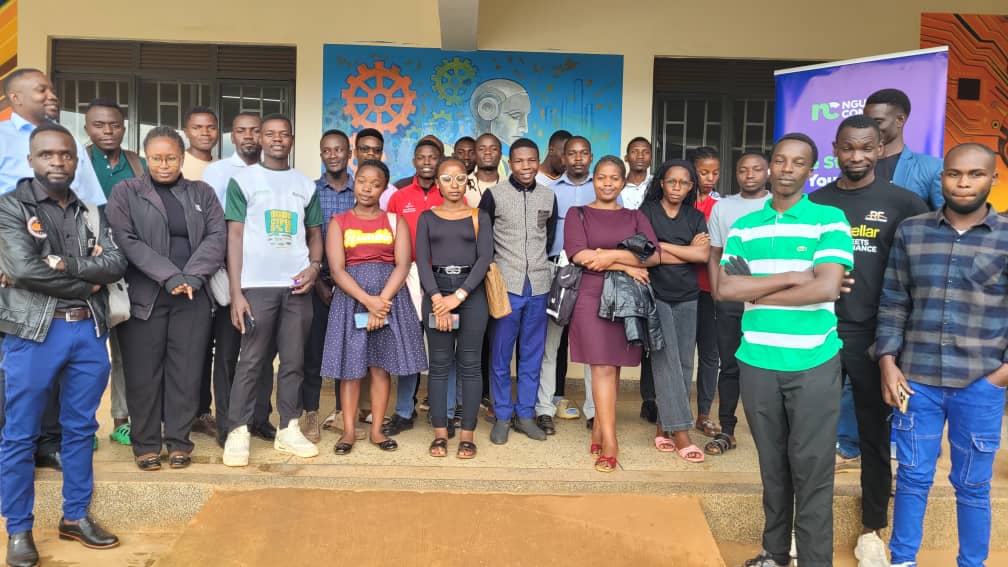Every year, the world conducts various activities to mark Cybersecurity Awareness Month in October as a reminder that in today’s connected world, online security is everyone’s responsibility. In this initiative, governments, institutions, and individuals worldwide unite to promote safer online practices and resilience against cyber threats.
This month, the regional Innovation Hub at Kabale University has concluded a cybersecurity and digital safety training for administrators and staff under the theme “Mastering Your Digital Safety.”
The training focused on practical protection steps, from understanding the Confidentiality, Integrity, and Availability (CIA) principles to spotting phishing and rogue Wi-Fi, using two-factor authentication, and managing digital footprints. The goal was to empower leaders who can champion cybersecurity and build a culture of responsible technology use.
Developed countries actively use this period to promote cybersecurity awareness through coordinated national campaigns. The U.S., EU, and Australia lead with initiatives by agencies like CISA, ENISA, and ACSC, offering toolkits, awareness drives, and digital safety challenges.
Despite varying approaches, all emphasize structured campaigns, public–private collaboration, and measurable behavior change to strengthen cyber resilience.
Uganda’s National Cybersecurity Strategy (2022–2026), developed by NITA-U, aims to create a safe, resilient, and trusted digital ecosystem. Its key priorities include:
- To strengthen CERT-UG for threat response.
- To build a skilled cyber workforce through awareness and training.
- To secure critical infrastructure and data protection across sectors.
- To promote international cooperation and cyber governance.
Uganda can amplify the events of Cybersecurity Month by coordinating national campaigns, hosting more institutional training, promoting youth cybersecurity challenges, and encouraging open incident reporting.
Initiatives like Kabale University’s training show how awareness can translate into real institutional resilience. In this matter, each citizen and institution must play a role in protecting systems and data by fostering a culture of vigilance. The intention is that Uganda quickly moves closer to a future where technology is not only transformative but also trustworthy and secure.
